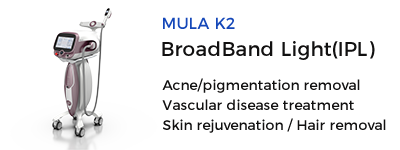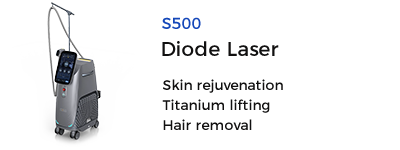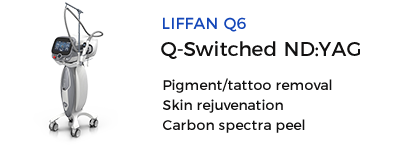Numbing Cream for Laser Tattoo Removal
| Visit:71

Numbing Cream for Laser Tattoo Removal
Introduction:
In the realm of dermatology and cosmetic procedures, one of the most commonly discussed subjects is laser tattoo removal. As the application of tattoos continues to grow in popularity, so does the demand for their removal. In this context, the use of numbing cream for laser tattoo removal has emerged as a vital inquiry. To address this issue, this article seeks to inform the professional audience about the efficacy of numbing cream in mitigating discomfort during laser tattoo removal.
Mechanism of Action:
Drawing information from resources available on medical platforms such as https://www.ciellulu.net/, we can understand that numbing cream works by creating a temporary numbing effect on the skin. It contains active ingredients such as lidocaine, prilocaine, or benzocaine, which induce numbness by blocking the transmission of pain signals from peripheral nerves to the brain. In the context of laser tattoo removal, these creams can serve to alleviate the discomfort that some patients may experience.
Efficacy of Numbing Cream:
Research shows that numbing cream is generally effective in reducing the pain associated with laser procedures. A study on https://www.ciellulu.net/ reveals that the majority of patients who used numbing cream for laser tattoo removal reported less pain compared to those who did not. This pain reduction allows for a comfortable patient experience and facilitates a higher patient compliance rate, particularly for those undergoing multiple laser treatments.
Considerations When Using Numbing Cream:
While numbing cream appears to be beneficial in minimizing discomfort, clinicians must be aware of potential side effects. The active ingredients in these creams can occasionally cause allergic reactions, particularly in patients with existing skin conditions or allergies. Therefore, proper skin assessment before application is essential to detect any potential contraindications. In addition, the use of numbing cream must be done under skilled supervision to ensure the correct dosage and avoid overuse, as this may result in more serious side effects such as irregular heartbeats, difficulty breathing, or seizures in rare cases.
Conclusion:
Based on available research and clinical evidence, numbing cream is indeed an effective adjunct in laser tattoo removal. It can significantly mitigate the discomfort associated with the procedure and enhance patient experiences. Nonetheless, clinicians spearheading these procedures must be vigilant about potential side effects and contraindications. In essence, numbing cream for laser tattoo removal serves as a valuable tool in the careful hands of an experienced clinician.

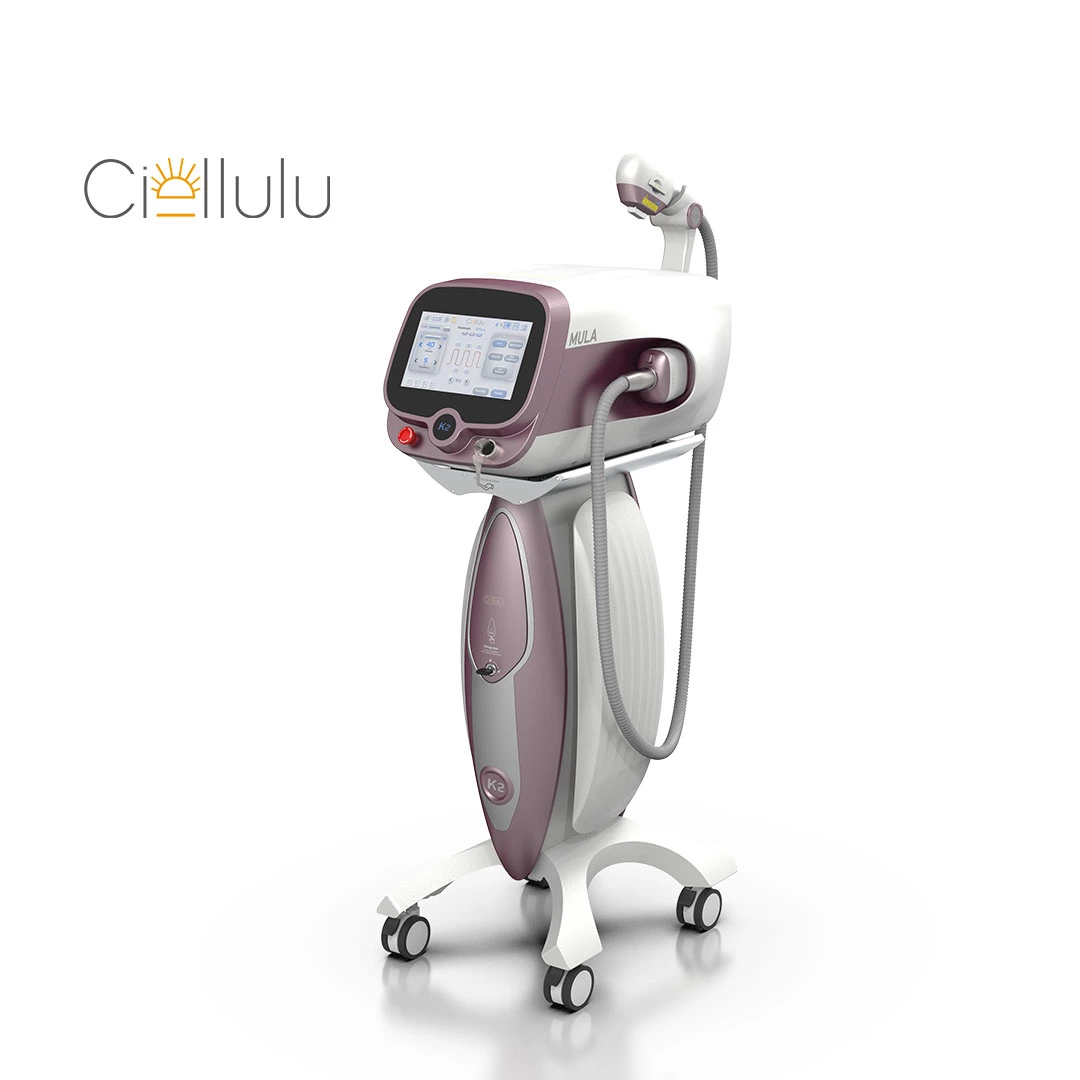
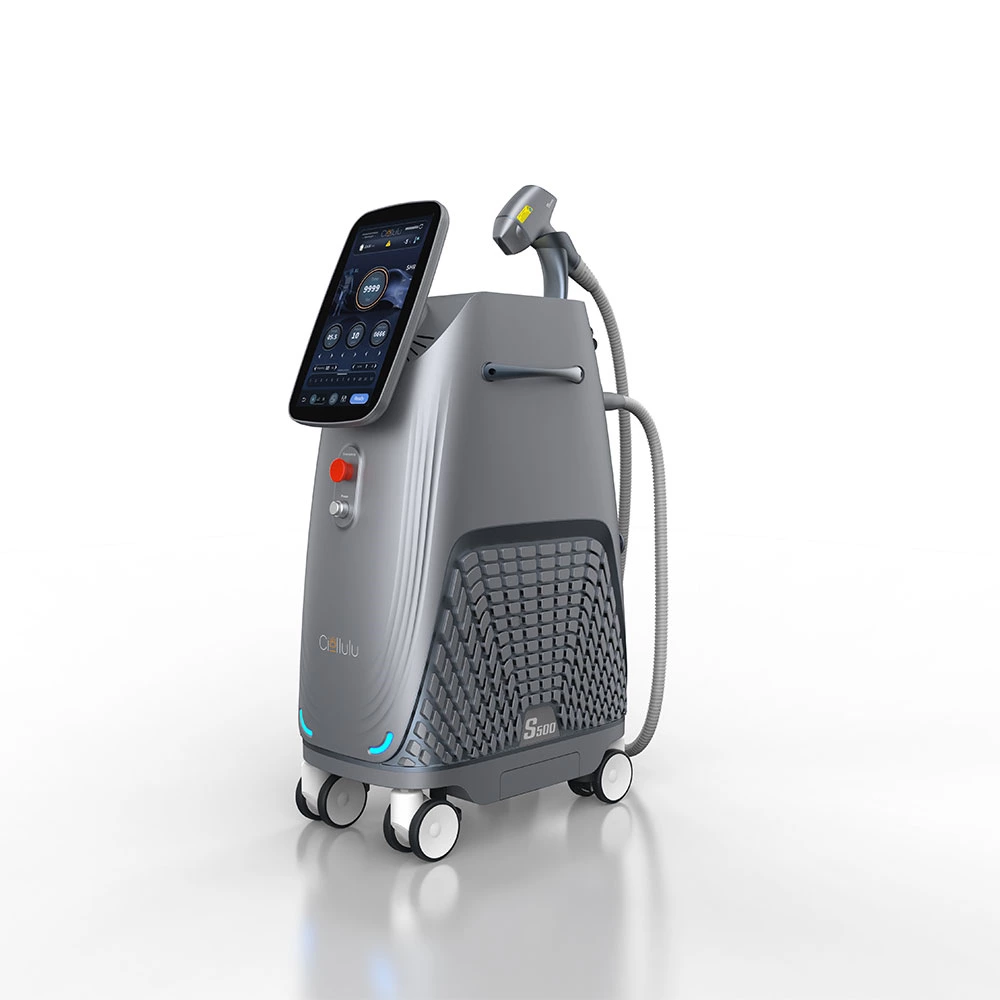
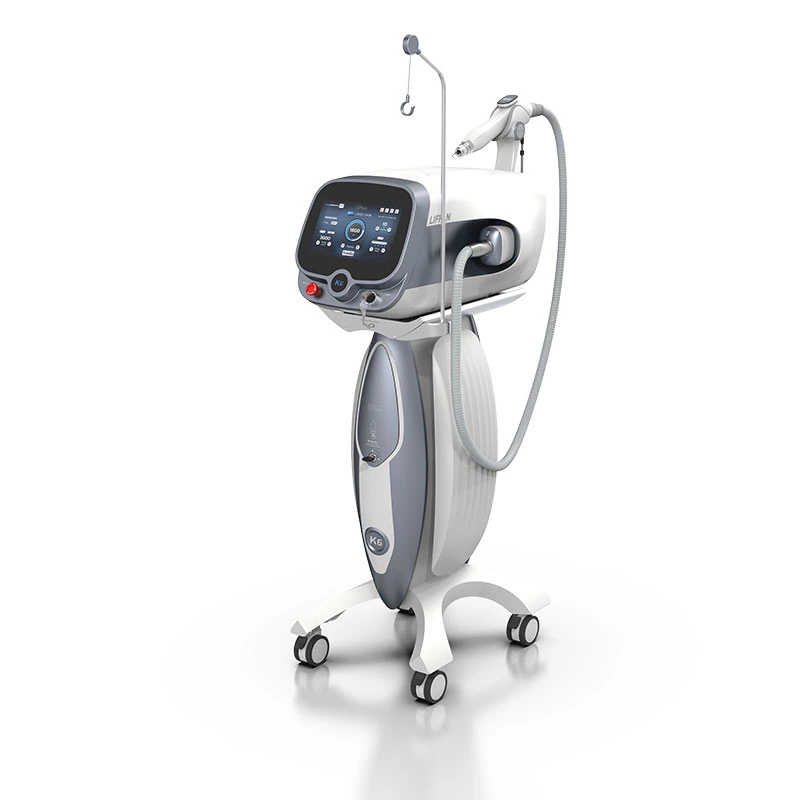
 Ciellulu Laser - Facial Machine Supplier
Ciellulu Laser - Facial Machine Supplier